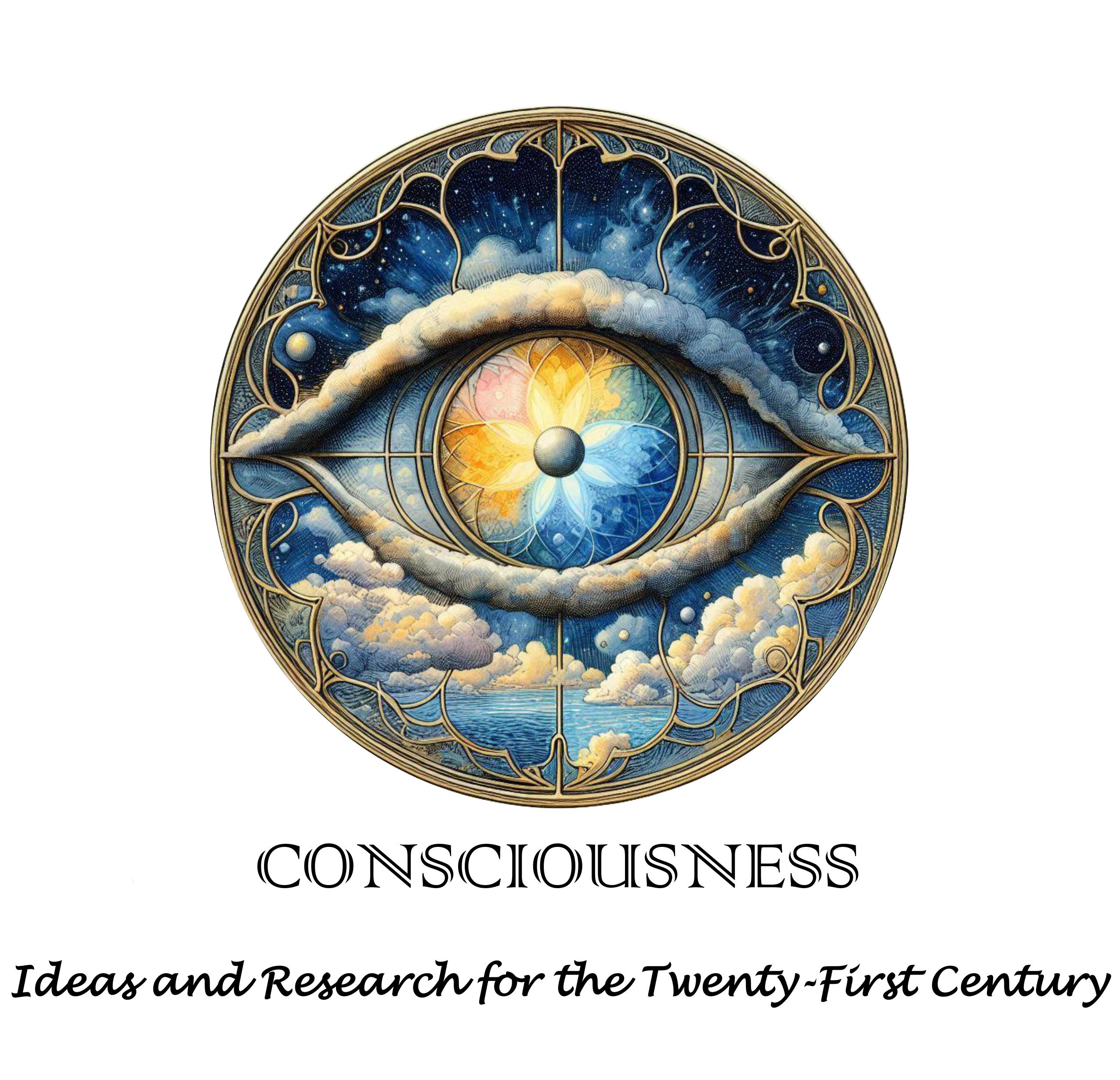
Abstract
Young adults increasingly suffer from anxiety and depression during the time of transition into adulthood. This research study examined the effects of increasing awareness of nondual consciousness in young adults who were experiencing various levels of anxiety and depression. The methodology was mixed-method and included four 1-hour group-based sessions over 4 weeks. Increasing awareness of nondual consciousness through educational, experiential, and behavioural components resulted in reduction in the average depression score from 19.4 (borderline clinical depression) to 10 (normal), and reduction in the average anxiety score from 12.7 (moderate anxiety) to 6.9 (mild). Participants reported increased mental, emotional, physical, and spiritual wellbeing, as well as reduced worry, higher sense of interconnectedness, clarity, creativity, confidence, and agency. At 30-days and 6-months, depression was further reduced by 12% and 17% respectively, while anxiety was reduced by 22% and 27%, indicating a potential upward spiral. The study was repeated during the COVID-19 pandemic with similar results, indicating the effectiveness of the methodology during highly uncertain times. Increasing awareness of nondual consciousness can contribute to prevention and early intervention for depression and anxiety, decreased need for medication, and reduction of stigma.
Recommended Citation
Braticevic, Milena
(2022)
"Psychophysiological Effects of Increasing Awareness of Nondual Consciousness in Young Adults with Depression and Anxiety,"
CONSCIOUSNESS: Ideas and Research for the Twenty-First Century: Vol. 9:
Iss.
1, Article 2.
Available at:
https://digitalcommons.ciis.edu/conscjournal/vol9/iss1/2
Included in
Clinical Psychology Commons, Cognitive Psychology Commons, Neuroscience and Neurobiology Commons, Other Life Sciences Commons, Philosophy Commons, Psychiatry and Psychology Commons, Transpersonal Psychology Commons


